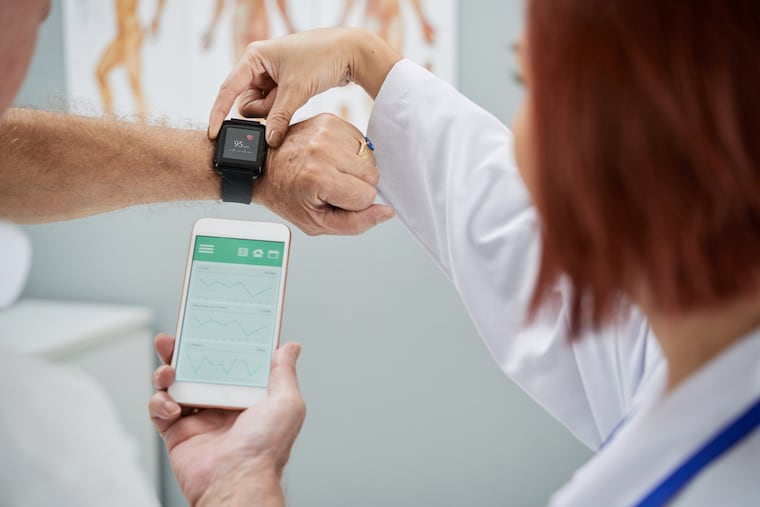Why is healthcare data innovation so slow in coming?
Tracking healthcare data is a lot more complicated than recording bank deposits and withdrawals. No one dies if Alexa makes a reservation at the wrong restaurant. The same can’t be said if the wrong patient is scheduled for surgery.

Despite technologic innovation impacting our lives in so many ways, the healthcare system still suffers from a failure to communicate. When my Mom was hospitalized last year, her physicians asked if we had the results of blood work done at a different hospital just a dozen miles down the road. The two hospitals did not share test results.
Technology has fundamentally changed how we live, work and play. We have digital maps that crowdsource traffic reports to find the quickest ways home and cars that think when we don’t. Banking apps allow us to pay anyone, anywhere, instantly. Devices continuously monitor our homes, our children, and even our pets. The promise of a connected world has been fulfilled in many ways ... except in healthcare.
Why isn’t all of our health data available in just one place? Why aren’t important factors such as where we live, the nature and quality of our housing, our access to transportation and other so-called determinants of health incorporated into our health record to ensure our care providers make more fully-informed treatment decisions? Why don’t we see more innovative software that automatically inputs all of our own medical information to help us take better care of ourselves? Let’s discuss some of these reasons.
Tracking healthcare data is a lot more complicated than recording bank deposits and withdrawals. No one dies if Alexa makes a reservation at the wrong restaurant. The same can’t be said if the wrong patient is scheduled for surgery. These systems are expensive to build and the decentralized nature of health care — lots of independent doctors, hospitals and other providers who don’t have strong economic incentives to collaborate — makes it hard to justify the investment.
The most important impediment to greater healthcare data access is the value of the data itself. Pharmacy data is bought and sold to help drug manufacturers better market their products to physicians. Clinical data is used to track physician performance and determine payments. Hospitals pay tens or hundreds of millions of dollars for the purchase and support of medical record software that use proprietary data structures, locking them into a single vendor. These “sunk costs” and the huge cost of change are major barriers to switching to another vendor — so they don’t. There was a time when moving data between a Mac and a PC was really hard, so we didn’t.
While health data is bought and sold by the various keepers of the data, the patient has a hard time accessing what is rightfully theirs. Imagine how new rules proposed by the National Coordinator for Health IT would do just that: stop healthcare software vendors from blocking easy access to the patient’s own data. The stored data would have to be standardized so patients could use their software of choice to download their information.
Not surprisingly, the gatekeepers of health care data are opposed to this initiative. The American Medical Association and Epic, one of the world’s largest medical record software vendors, have called the proposed rule confusing and a danger to patient privacy. While it’s easy to dismiss their protest as an attempt to maintain control of the data, we can’t ignore the peril of more open access. Granting a third-party application easy access to health data opens up vulnerabilities that don’t exist with locked-down systems. Think: hackers and scammers who trick people into giving up the keys to their very valuable health records. These same concerns were raised and addressed with banking apps, so the challenge can be overcome. Assuming the final regulations adequately address the privacy and security concerns, liberating health data has several benefits. Here are a few:
Allows the creation of truly customized health apps that automatically incorporate personalized health information.
Provides better predictions about what will or could make you sick because more of your data are included.
Allows true interoperability that fosters collaboration and care coordination among providers who don’t share the same software platform.
Promotes and supports care delivery innovation such as telemedicine.
Enables the aggregation of patient data (anonymously of course) to find unseen patterns of disease and healthy behaviors at the community level.
It’s time for the healthcare industry to come out of the information dark ages where useful data is hidden away in walled off fiefdoms.
Drew Harris is a member of the Inquirer’s Health Advisory Panel and a health-care consultant, author and lecturer.